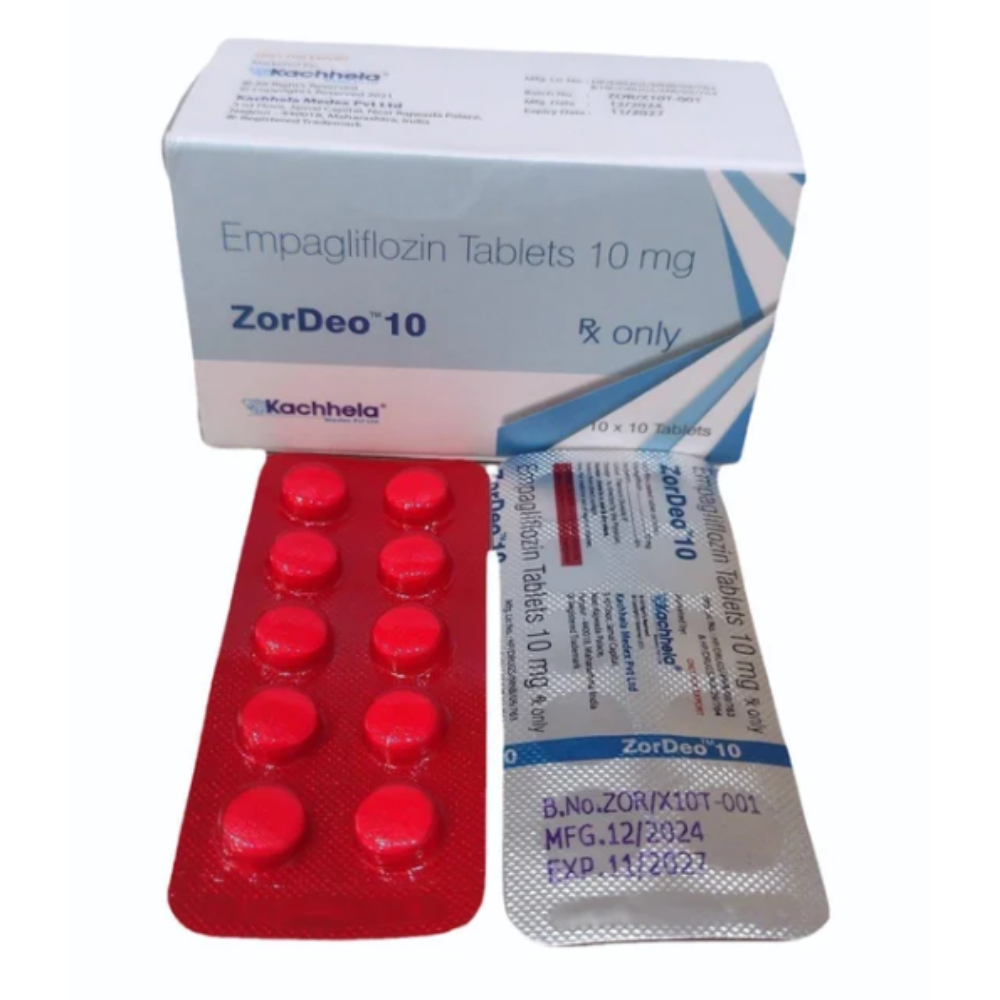fenbendazole capsules: Key Considerations Before and After Treatment
Wiki Article
Discovering the Devices Behind Fenbendazole and Its Influence On Pet Wellness
Fenbendazole is a widely used anthelmintic understood for its effectiveness versus numerous bloodsuckers. Its main system includes the inhibition of microtubule formation, which disrupts important processes in these virus. Beyond its antiparasitic residential or commercial properties, fenbendazole also shows up to enhance immune actions and possesses anti-inflammatory advantages. Comprehending these complex effects can disclose brand-new applications for animal health and wellness. Inquiries stay concerning its full capacity and safety and security account.The Pharmacokinetics of Fenbendazole
The pharmacokinetics of fenbendazole, a commonly made use of anthelmintic in veterinary medicine, involves the study of its absorption, distribution, metabolic process, and excretion within animal systems. After management, fenbendazole is rapidly taken in from the intestinal system, with peak plasma concentrations happening within hours. Its circulation is influenced by aspects such as cells binding and lipid solubility, enabling it to pass through numerous tissues efficiently. The drug undertakes substantial metabolism mainly in the liver, where it is exchanged energetic and inactive metabolites. These metabolites contribute in the medication's overall efficiency and safety and security account. Discharging happens mainly via feces, with a smaller percentage gotten rid of via pee. The half-life of fenbendazole varies among varieties, which influences dosing regimens. Understanding these pharmacokinetic residential or commercial properties is important for maximizing its therapeutic usage and ensuring effective parasite control in veterinary techniques.Devices of Activity Versus Parasites
Fenbendazole applies its antiparasitic effects mainly with the inhibition of microtubule development in parasites. This disturbance affects their structural integrity and mobile functions, leading to damaged energy metabolic process. Therefore, the drug properly jeopardizes the survival and recreation of various parasitic microorganisms.Restraint of Microtubule Formation
Restraint of microtubule development represents a critical device via which specific anthelmintic agents, including fenbendazole, apply their effects on bloodsuckers. Fenbendazole binds to tubulin, a healthy protein that creates microtubules, disrupting the polymerization procedure necessary for microtubule setting up. This disruption impairs important cellular functions, consisting of mitosis, intracellular transportation, and structural stability. As microtubules play a vital function in preserving the shape and feature of parasitical cells, their inhibition leads to cell cycle arrest and eventual fatality of the parasite. This mechanism is specifically efficient against nematodes, as their reliance on microtubules for mobility and nutrient absorption makes them prone to fenbendazole. The restraint of microtubule development is an important element of fenbendazole's therapeutic efficacy in veterinary medicine.Disturbance of Basal Metabolism
Disrupting energy metabolic rate is one more vital mechanism whereby fenbendazole targets parasitical microorganisms. This anthelmintic changes the power manufacturing pathways within parasites, primarily affecting their capacity to create adenosine triphosphate (ATP) By hindering sugar uptake and interfering with mitochondrial feature, fenbendazole restrictions the power sources crucial for the survival and recreation of these microorganisms. As an outcome, parasites come to be significantly prone to environmental anxieties and immune reactions. The interference in energy metabolic rate not only impacts the bloodsuckers directly but also decreases their ability to take in nutrients, further hindering their development - fenbendazole 444. Generally, the interruption of basal metabolism stands for a fundamental facet of fenbendazole's efficiency versus different parasitical infections, contributing considerably to enhanced pet wellness end resultsPossible Adverse Effects and Safety And Security Profile
The potential side results and security profile of fenbendazole warrant mindful factor to consider, particularly in veterinary applications. While generally considered safe, some animals may experience adverse responses, consisting of gastrointestinal disruptions such as throwing up and looseness of the bowels. In addition, neurological signs, although rare, have actually been reported in sensitive people, highlighting the demand for monitoring during therapy.
Fenbendazole's security in various species, including pets and pet cats, has been documented, however dose and duration of therapy must be thoroughly handled to reduce threats. Expecting or breast feeding pets might likewise require special focus, as the effects on creating unborn children or nursing children are not completely comprehended.
Regular vet assessments can help minimize possible side results and guarantee the drug is administered suitably. Subsequently, while fenbendazole is a reliable anthelmintic agent, alertness regarding its side impacts is essential for maintaining pet health and wellness.

Fenbendazole's Influence on Immune Feature
Fenbendazole has actually been noted for its potential to regulate body immune system reactions in animals. Its anti-inflammatory residential properties may add to improved immune feature, supplying a double benefit in taking care of health and wellness (fenbendazole 222). Comprehending these impacts is important for assessing fenbendazole's function in vet medicationBody Immune System Inflection

Anti-inflammatory Characteristics
Anti-inflammatory results represent a considerable facet of fenbendazole's impact on immune function. Research study suggests that fenbendazole may reduce the production of pro-inflammatory cytokines, which are pivotal in moderating inflammatory feedbacks. By modulating these cytokines, fenbendazole can potentially reduce inflammation-related conditions in pets. This anti-inflammatory activity not just aids in managing signs connected with different diseases but also improves overall immune system efficacy. Furthermore, its capacity to promote a balanced immune reaction aids prevent excessive inflammatory damages, which can lead to persistent wellness concerns. As a result, fenbendazole's duty in swelling administration emphasizes its significance in veterinary medicine, supplying a twin benefit of antiparasitic activity and immune system assistance for animal health.Applications Beyond Typical Parasitical Infections
While primarily identified for its efficiency against different parasitical infections, fenbendazole has amassed interest for potential applications yet typical range. Current research studies recommend that fenbendazole may have useful results on cellular health and immune feedback, making it an interesting candidate for taking care of various other health conditions in animals. Its reported anti-inflammatory residential properties might give relief for animals enduring from chronic inflammatory conditions. Furthermore, some research study suggests that fenbendazole might contribute in sustaining the general health of animals by boosting nutrient absorption and stomach health. In addition, its possible as a complement therapy in cancer treatment has stimulated rate of interest, as preliminary findings suggest it could prevent lump cell growth in specific contexts. These diverse applications highlight fenbendazole's flexibility, motivating additional exploration right into its multifaceted benefits for animal wellness beyond its conventional usage as a deworming representative.Future Research Directions and Implications for Pet Wellness
The exploration of fenbendazole's possible applications has opened brand-new methods for study intended at boosting pet health. Future studies might concentrate on its effectiveness versus a broader series of pathogens, including bacteria and viruses, thereby increasing its function in vet medicine. The effects of fenbendazole's devices, such as its influence on immune inflection, warrant additionally investigation to understand exactly how it can bolster overall wellness in various species.Furthermore, research study might check out ideal does try this out and solutions to optimize efficacy while decreasing potential negative effects. Examining fenbendazole's synergistic results with various other pop over to this web-site medicines could lead to extra reliable treatment procedures. Longitudinal studies evaluating long-term end results in pets treated with fenbendazole could give important understandings right into its safety and performance. On the whole, the ongoing exploration of fenbendazole supplies promising potential to boost animal wellness, demanding a collective approach among researchers, vets, and pharmaceutical designers to assist in developments around.
Regularly Asked Concerns
Can Fenbendazole Be Used in Livestock for Parasite Avoidance?
The concern of whether fenbendazole can be made use of in animals for parasite avoidance is appropriate, as manufacturers look for effective treatments (222 mg). Research indicates it might provide benefits, but proper standards and veterinary recommendations are important for secure usageWhat Is the Recommended Dosage of Fenbendazole for Different Animals?

Are There Any Kind Of Understood Drug Communications With Fenbendazole?
Existing understanding indicates that fenbendazole may connect with certain medicines, potentially impacting their effectiveness or metabolism. Vet experts recommend speaking with a veterinarian to evaluate individual pet situations and identify any kind of possible interactions before management.How Does Fenbendazole Contrast to Other Antiparasitic Medications?
Fenbendazole is typically compared to other antiparasitic medicines based on effectiveness, spectrum of activity, and safety profiles. It is favored for its efficiency against a large range of bloodsuckers while normally showing very little negative effects in animals.Is Fenbendazole Effective Against Viral or Bacterial Infections in Animals?
The efficiency of fenbendazole versus viral or bacterial infections in animals stays unverified. Research study largely concentrates on its antiparasitic buildings, with Check This Out limited proof sustaining any type of duty in treating non-parasitic infections in vet medication.Report this wiki page